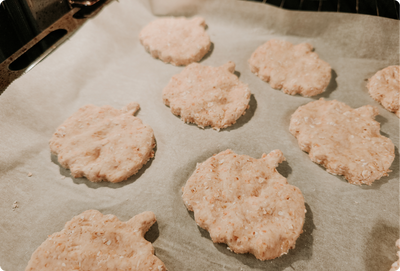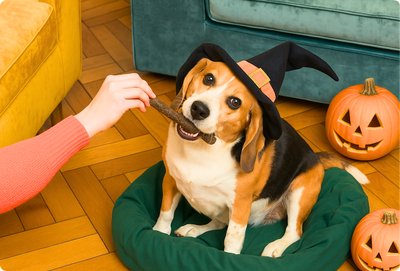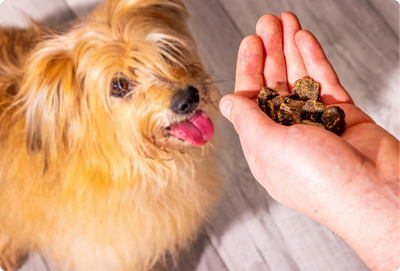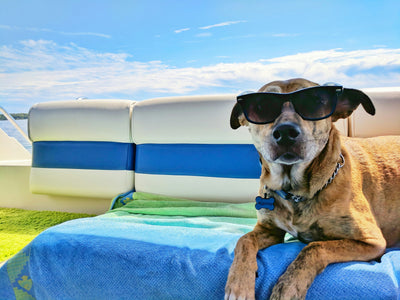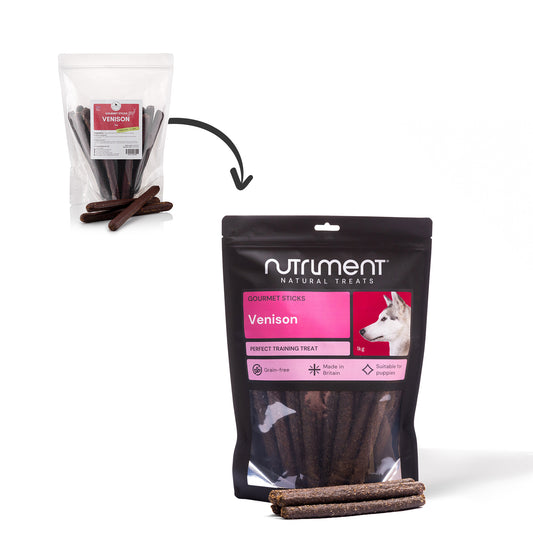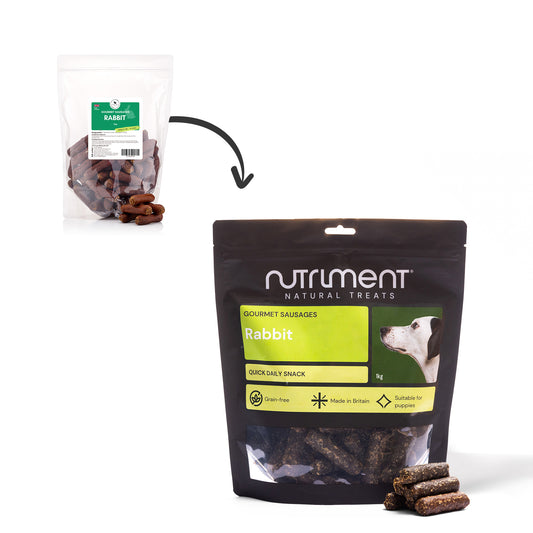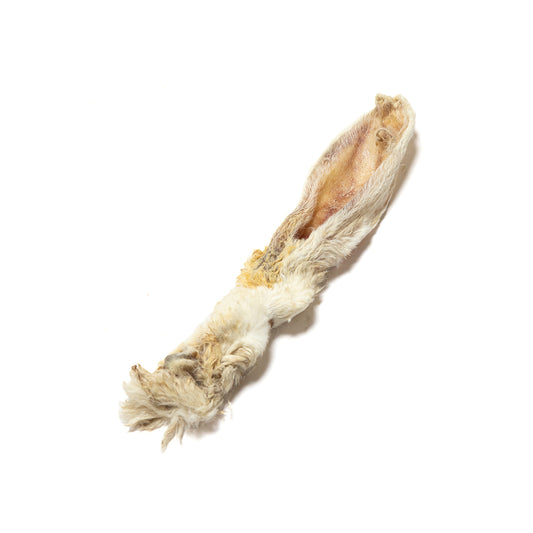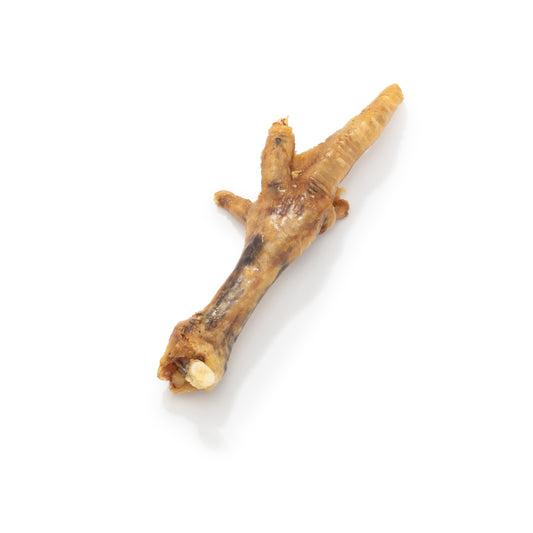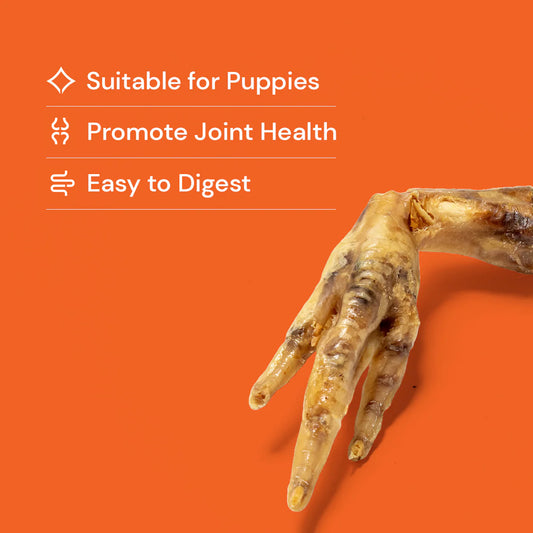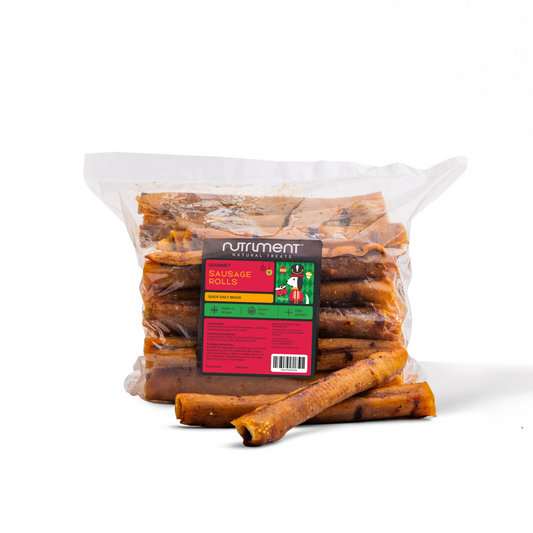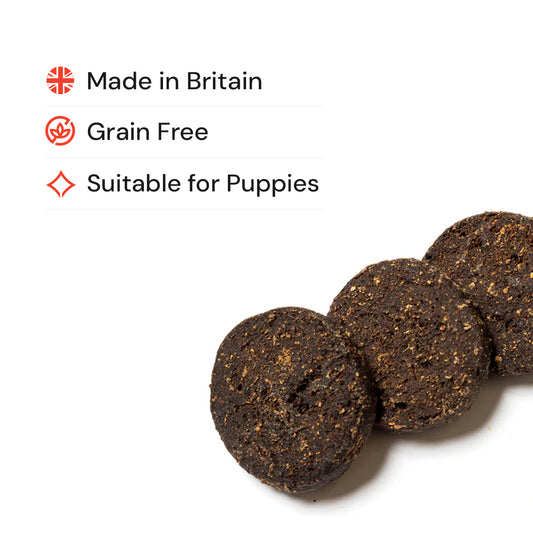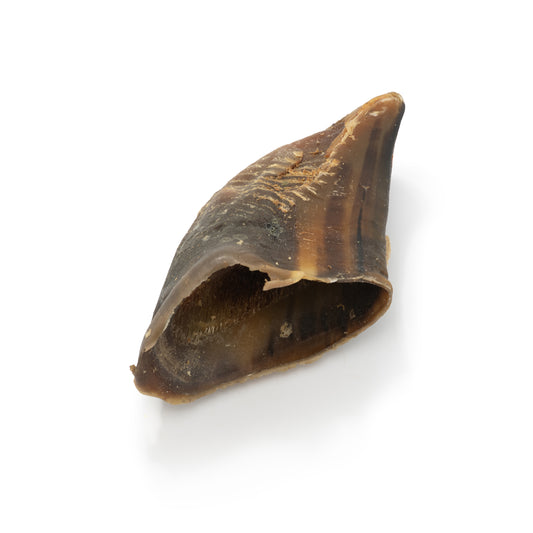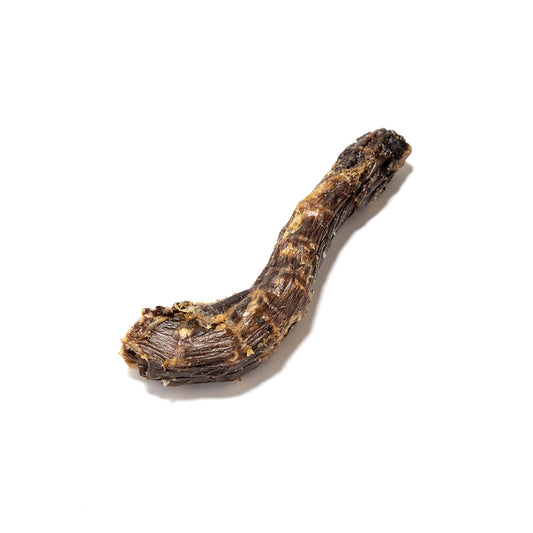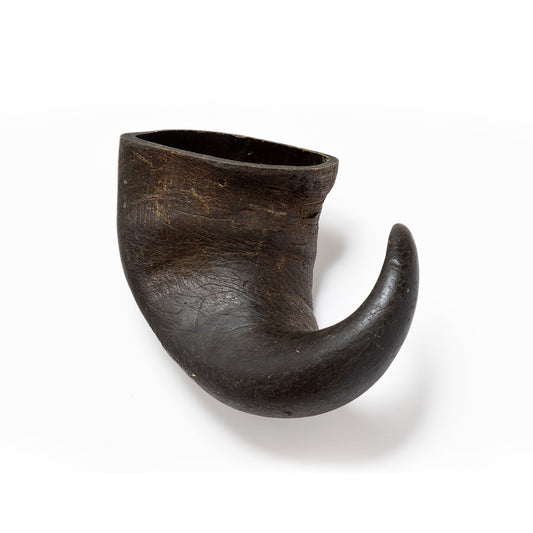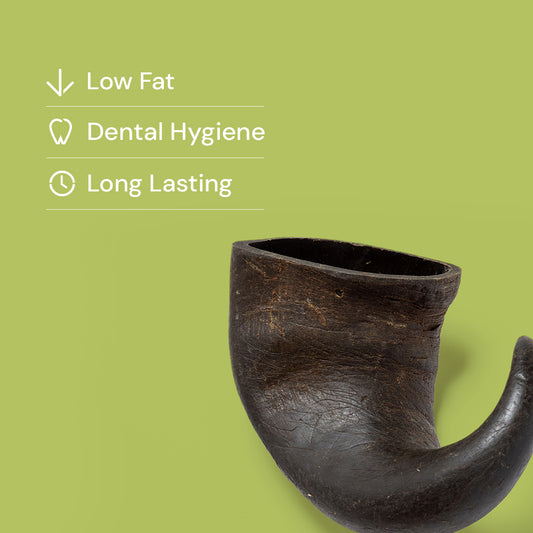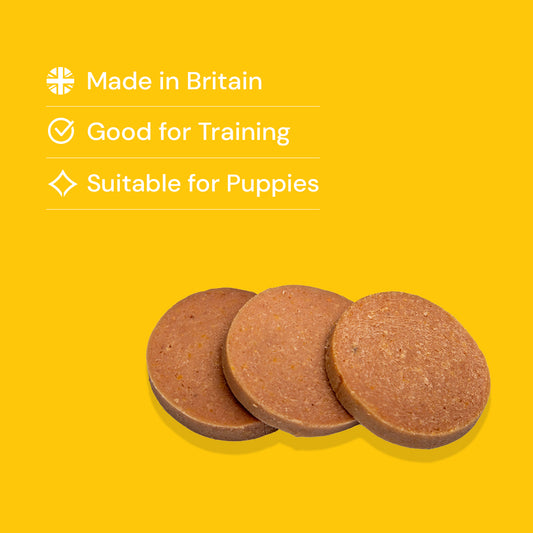
As the UK is hit by a sudden, icy winter, many of us will be opting for our thickest coats when we venture outside. But what about our pets?
Here are some tips for looking after your furry friends during this cold spell:

How do I keep my pet warm indoors?
Many of us will turn our heating off, or on low, during the day when we are out of the house, but just like humans, our animals can become uncomfortable when they get cold.
Give dogs and cats extra blankets for their beds over the winter months, so they can snuggle in. For older dogs, beds raised off the floor can keep them away from draughts, while cats may like high-up dens.
Whilst you’re home, you can encourage your dogs to keep active with extra playtime, especially if they are spending less time on walks.

Should I still walk my dog?
Dogs still need walks during cold weather - whilst a day or two out of their usual routine isn’t the worst, you should stick to their usual routines as much as possible. A lots of breeds have a double coat - this combination of a harsh, waterproof outer coat and a thick , fluffier undercoat, means they have no problems staying warm in the cold weather.
But some dogs, particularly those with shorter fur, breeds that are naturally more lean, or individuals who are very old or very young, will need extra help staying warm on their walks.
Coats and jumpers should be fitted comfortably, so the dog can move freely in them, but not too loose that they are at risk of getting caught on other objects, such as branches, when out walking.
Keep dogs away from iced over ponds, lakes and canals, which may break under a dog's weight. If your dog does fall through ice, it is important to not go in to rescue them. Many breeds will fare better than their owners in cold water. Stay calm and call your dog to you. If you think they could be stuck, call the fire and rescue services for help. It is best, to keep your dog on a lead around frozen bodies of water, especially if they are keen swimmers at other times of the year.
Wash their paws thoroughly after walking in areas that may have been gritted with rock salt, which can be poisonous to pets if they lick it off.

What about my rabbit and guinea pig?
Smaller pets such as rabbits, guinea pigs and ferrets can also feel the cold. The sudden drop in temperatures can be a shock to their systems, so ideally they should be moved inside.
A shed or car-free garage is ideal - as they can be moved back outside during the day to make the most of any sunshine.
If there is no indoor option, place a blanket or piece of carpet over their living quarters, and check several times during the day that their food and water hasn’t frozen over.
Should I keep my cat inside?
Our feline furry friends love to roam the outdoors, but ideally they should stay inside overnight during cold weather.
Winter nights often lead to patches of freezing fog. This reduces visibility, and leaves your pet more at risk of being involved in an accident on the roads.
If your pet is determined to explore the weather despite the snow and cold, the PDSA advises you to ensure they can get back inside your home through a cat flap, or have a warm shelter outdoors they can go to.

The grips of winter means we often spend more time indoors - why not treat your dogs at this time with a stock up of their favourite treats?

